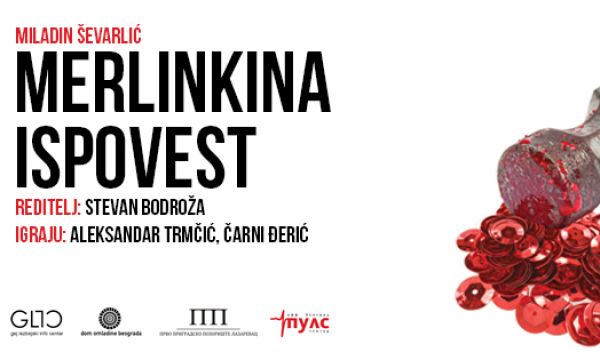Project: Vulnerable Groups And Security Sector Reform: LGBT Case Study12Feb2014
Gay Hating: It’s Not Just a Russian Thing
A couple of recent reports remind us that it’s dangerous to be gay in a wide swath of the post-communist world.
by Sarah Fluck, 11 February, 2014.
With the Olympics under way, much of the world's attention has been focused on Russia and its hostile climate for gay people. Even Google made its own restrained statement, draping its iconic logo in the colors of the rainbow flag. But recent reports from Human Rights Watch suggest that we can’t afford to avert our gaze from other places in the post-communist world.
 On the afternoon of 1 February in Sarajevo, a group of 14 people, caught on security camera, stormed into the auditorium of a cinema where around 30 men and women were attending a discussion on transsexuality that was part of a gay and lesbian film festival.
On the afternoon of 1 February in Sarajevo, a group of 14 people, caught on security camera, stormed into the auditorium of a cinema where around 30 men and women were attending a discussion on transsexuality that was part of a gay and lesbian film festival.
Within minutes the intruders tore down and smashed anything they could get their hands on, while shouting “There will be no (Pride) parade in Sarajevo” and “There will be no faggots in Sarajevo,” according to Human Rights Watch.
The festival had been organized by the Sarajevo Open Center, a nonprofit group that fights discrimination against LGBT people.
A worker at the Sarajevo Open Center, who spoke on condition of anonymity, told TOL that a day before the attack the center had been alerted to a Facebook group called “Let’s Stop the Parade of Faggots on May 1, 2014” – referring to the date of the city’s planned Pride parade.
The Open Center staffer said members of the LGBT community had received numerous threats against the community before the attack. The Facebook group “outed” five women, calling them “five most wanted lesbians in Sarajevo” before the festival, with the threats becoming more explicit as the festival drew near.
After reading the first threats on the Facebook page, Sarajevo Open Center staff requested, and were assured of, police protection. On Friday, the first day of the film festival, the police were on the scene, but the staff member said on Saturday, “The police turned up just a few minutes after the attack despite their verbal commitment.”
The now-deleted Facebook group showed an exploding number of members shortly after the attack. Its “likes” reached 4,200 and members outdid one another to congratulate the attackers. Elmir S., for instance, called for “a clean and healthy Sarajevo, gay free."
The Open Center staffer told TOL that although neither the central nor the local government had condemned the attack, there had been two arrests in connection with it.
Bringing gay-friendly events to Bosnia has been a struggle since efforts to organize the first Sarajevo Queer Festival were broken up by violence in 2008.
Bosnia is a party to the European Convention on Human Rights, which obliges the country to protect citizens against discrimination including on the basis of sexual orientation. The European Union delegation to Bosnia condemned the attack “in the strongest terms” and called on the authorities “to identify those responsible and bring them to justice swiftly.”
The Bosnia attack occurred only three days after Human Rights Watch issued a disturbing report on the abuse and extortion of gay men at the hands of police in Kyrgyzstan.
Forty gay and bisexual men described for HRW researchers the range of abuse they experienced from police in Kyrgyzstan, often including arbitrary detention, threats, extortion, beatings, and sexual abuse.
“The police said, ‘Are you a faggot? Why do you come here?’ Then they pointed a gun at me and showed their IDs,” the leader of one LGBT rights group told HRW. “One of them hit me in the temple and I fell on their car. They threw me in the car and drove around for some time. They said they would drown me in a canal if I didn’t give them $600. In the car they hit me in the head with the handle of the gun. Then took me to the police station, kicked me some more and said that they would call my mom and tell her about the kinds of clubs I visit.”
Especially heinous is the psychological violence some of the men said they experienced, with police threatening to “out” them to friends and family, effectively making outcasts of them. Isroil I (not his real name) told HRW, “It was the worst thing for me when they threatened to tell my family. I have brothers who are very religious. One word and this would be death [for me].”
Kyrgyzstan decriminalized homosexuality in 1998.
(watch the video: Police in Kyrgyzstan have extorted, threatened, arbitrarily detained, beaten and sexually abused gay and bisexual men. Although consensual sex between men was decriminalized in Kyrgyzstan in 1998, police target gay and bisexual men for violence and extortion (Bishkek, January 29, 2014)



